Genesis’ career spans nearly three decades of musical evolution, from their early progressive experiments to polished pop triumphs. In this ranking, we dive into every studio album, charting the band’s creative highs and lows to uncover which records truly define their legacy.
15. Calling All Stations (1997)

Genesis’ final studio album felt more like a footnote than a finale. With Ray Wilson on vocals, the band aimed to pivot back toward darker, progressive tones, but the result was more subdued than stirring. It lacks the chemistry and ambition of previous eras, feeling more like a band uncertain of its identity.
14. From Genesis to Revelation (1969)
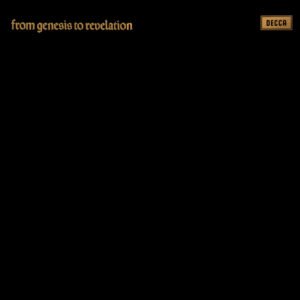
This debut sounds like a different band entirely—because, in many ways, it was. Produced under the pop sensibilities of Jonathan King, this baroque-flavored album has charm but little of the progressive daring that would soon define Genesis.
13. Abacab (1981)
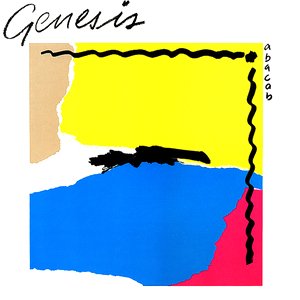
A sharp stylistic pivot, Abacab embraced slick production and minimalist synth-pop. While commercially successful, it often feels cold and impersonal, alienating fans of their earlier, more intricate sound.
12. Genesis (1983)

Known by fans as the “Mama” album, this self-titled release leaned fully into the pop machine. Tracks like “That’s All” have an accessible charm, but the album’s polish sometimes smooths away too much of the band’s identity.
11. Invisible Touch (1986)
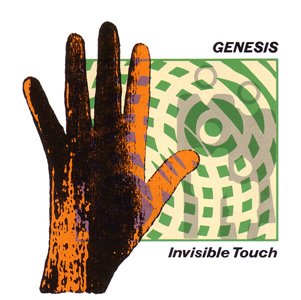
This was Genesis at their pop peak. It’s catchy, chart-topping, and radio-ready—but also emblematic of how far they’d drifted from their roots. For some, this is Genesis at their most confident; for others, their most compromised.
10. We Can’t Dance (1991)
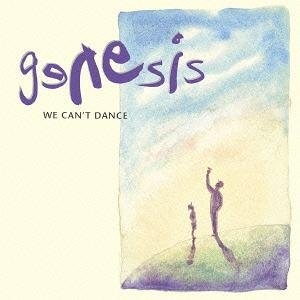
A mature, polished farewell to the Collins era, blending commercial appeal with surprisingly weighty themes. “No Son of Mine” and “Fading Lights” show depth, but overall the album feels more like a swan song than a vital statement.
9. …And Then There Were Three… (1978)
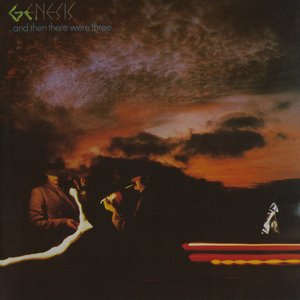
The first post-Hackett album signaled Genesis’ move to shorter, simpler songs. While “Follow You Follow Me” brought them mainstream success, the album straddles two identities and never quite reconciles them.
8. Wind & Wuthering (1976)
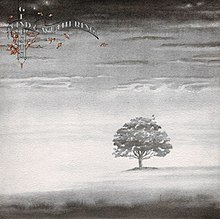
Pastoral, poetic, and occasionally meandering, this was Steve Hackett’s last contribution to Genesis. It’s an elegant farewell, brimming with textured instrumentation and bittersweet melodies, even if it occasionally lacks focus.
7. Duke (1980)
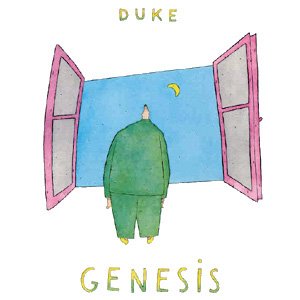
A transitional triumph. Duke blends the grand narratives of their past with punchy, accessible songs. The “Duke Suite” is a prog-pop gem, and the album balances introspection with immediacy.
6. A Trick of the Tail (1976)

The first album after Gabriel’s exit could’ve been a disaster—but instead, it was a revelation. Collins proved a capable frontman, and the band crafted some of their most emotionally resonant work, maintaining their progressive edge with grace.
5. Trespass (1970)
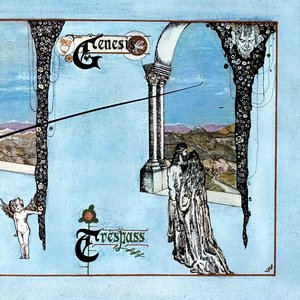
This is where the seeds of Genesis’ true identity were sown. Still rough around the edges, Trespass introduces the dramatic storytelling and ambitious arrangements that would soon define them, particularly on “The Knife.”
4. Nursery Cryme (1971)
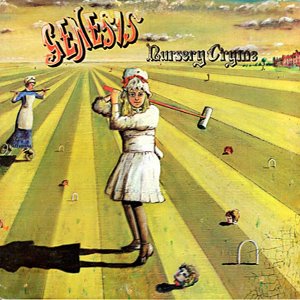
The arrival of Steve Hackett and Phil Collins transformed Genesis. Nursery Cryme is macabre, theatrical, and thrillingly weird, anchored by epics like “The Musical Box” and the delightfully unhinged “Return of the Giant Hogweed.”
3. Foxtrot (1972)

Now firing on all cylinders, Genesis delivered their first true masterwork. “Watcher of the Skies” is iconic, but it’s “Supper’s Ready”—a sprawling 23-minute suite—that elevates Foxtrot to legendary status in progressive rock.
2. Selling England by the Pound (1973)
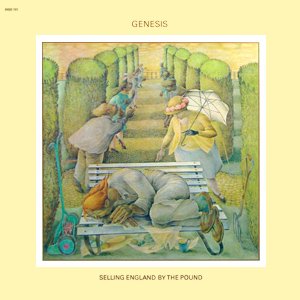
A near-perfect synthesis of British whimsy, political commentary, and musical virtuosity. Tracks like “Firth of Fifth” and “Dancing with the Moonlit Knight” showcase Genesis at their most refined, blending complexity with melody.
1. The Lamb Lies Down on Broadway (1974)
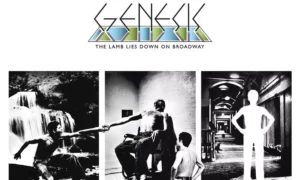
A bold, surreal concept album chronicling the trials of Rael, a Puerto Rican street kid in New York. It’s dense, dramatic, and sometimes inscrutable—but also breathtakingly ambitious. Gabriel’s swan song is a labyrinthine epic that rewards repeated listens and remains one of prog rock’s most compelling statements.
